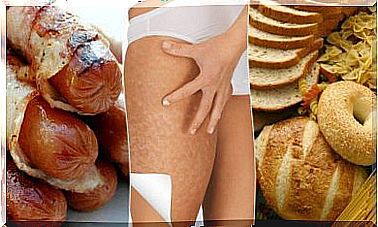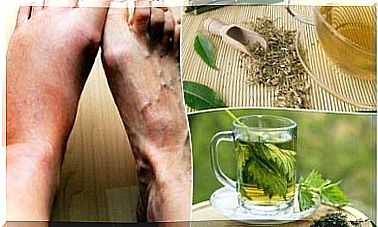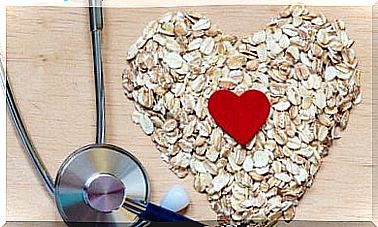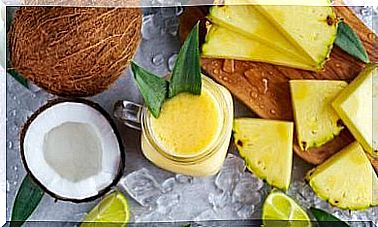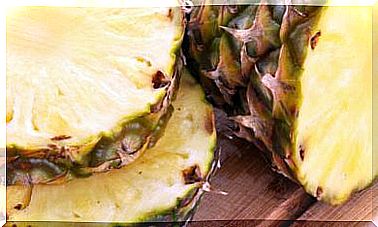Are Juices And Smoothies Always Vegan?
Strictly speaking, juices and smoothies only consist of fruit or vegetables or a mixture of them. Are you always vegan then?
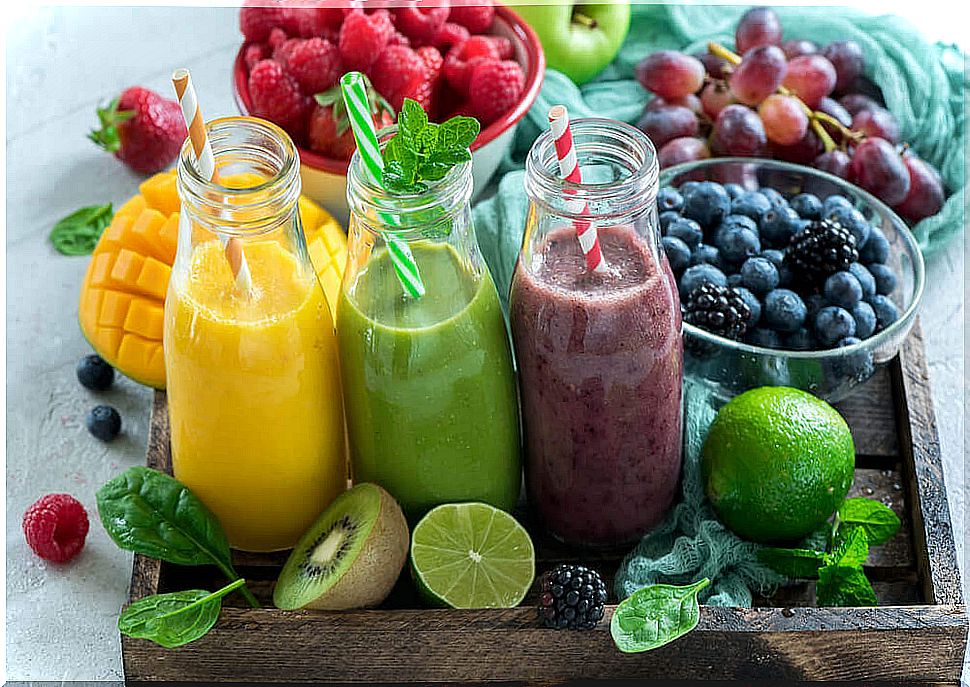
Juices and smoothies have become increasingly popular in recent years. So does the vegan diet. But what about when people who are vegan say that a juice is not vegan? It’s only vegetable, isn’t it? Or not? Are juices and smoothies really always vegan?
Juices and smoothies are vitamin bombs
When it comes to fresh versions of the product, juices and smoothies are real vitamin bombs. But are juices and smoothies always vegan?
A “real” smoothie initially only contains fruit and vegetables, but it is often “supplemented” with other ingredients. A smoothie that contains dairy products is therefore a “mixed milk drink”. Regardless of whether the milk is animal or vegetable.
Even a juice should initially only consist of fruit or vegetables. If the drink contains water or if sugar is added, strictly speaking it is no longer juice, but nectar or juice drinks.
But are juices and smoothies still vegan, even if no other ingredients are listed?
Additives of animal origin
If juices or smoothies contain ingredients of animal origin, these are very easy to identify. Honey, milk or yoghurt are then clearly visible on the list of ingredients and it is clear: this product is therefore not vegan!
But with so-called “auxiliary materials” it looks very different. These do not have to be declared, although they were used in the manufacture of the end product.
So it is not clear to the consumer what he is buying. This does not only apply to juices and smoothies, of course, but also to other products such as baked goods.
In the case of baked goods such as bread, for example, a large number of such substances do not have to be declared because they have only been used but are only contained in such small quantities in the end product that they do not have to be declared under the law.
These include preservatives, enzymes, crust formers and other chemical baking additives.
What is not vegan about juices and smoothies?
In juices and smoothies and in all products made from them, such as wine, gelatine is often the problem.
A classic example is clear apple juice. If you extract juice from apples, it is initially cloudy, which is labeled as “naturally cloudy”. This cloudiness is actually healthy, but many consumers do not want it.
To remove the cloudiness from the apple juice, gelatine is added to the fresh juice. The gelatine binds the components that make the juice cloudy.
If you then remove the gelatine from the juice, the juice is as clear as the spoiled consumer would like it to be – but no longer vegan. Of course, this not only applies to apple juice, but also to many other drinks.
What’s So Bad About Gelatin?
Gelatine is basically not unhealthy, but if you know how gelatine is made, you might think twice about using this product in the production of your apple juice. And that regardless of whether you are vegan or not.
Gelatine is a product that is obtained from the collagen in the connective tissue of animals. For this purpose, slaughterhouse waste, i.e. the skin and bones of the cattle, is dissolved in acid and the collagen extracted in this way is processed into gelatine.
In times of BSE, gelatine was criticized as a possible transmission route.
Vegan alternatives to gelatine
You don’t need gelatin to clarify juices, there are also simple, plant-based methods of clarifying juice (or beer or wine or other beverages).
The simplest alternative to the juices clarified with gelatine is quite simply to buy naturally cloudy juice. But if you prefer clear juice, there are the following alternatives:
- Clay minerals
- Tannin
- Kieselguhr
These alternatives only concern the clarification of juices. When it comes to thickening smoothies or preventing various components of a smoothie from settling, the following herbal remedies can be considered as alternatives to gelatine as a gelling agent:
- Algae preparations
- Locust bean gum,
- Pectins
- Carrageenan
- Agar Agar
- Gum arabic
- Guar gum
- Xanthan gum
By the way: the best juices and smoothies are those that you make yourself, because then you know exactly what’s inside! And it is also much healthier to eat the fruit (or vegetables) whole instead of juice.
Then all fiber is contained in it and also all vitamins and minerals in their natural combination. The fresher the fruit, the better “
